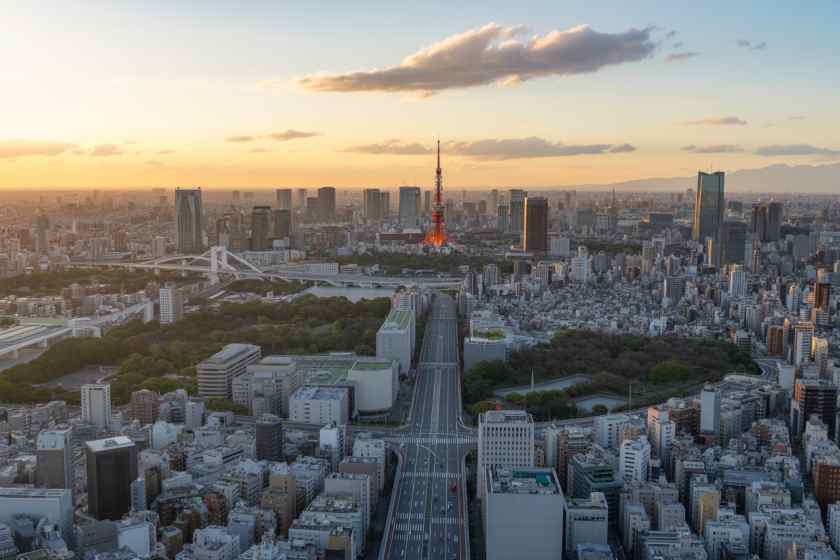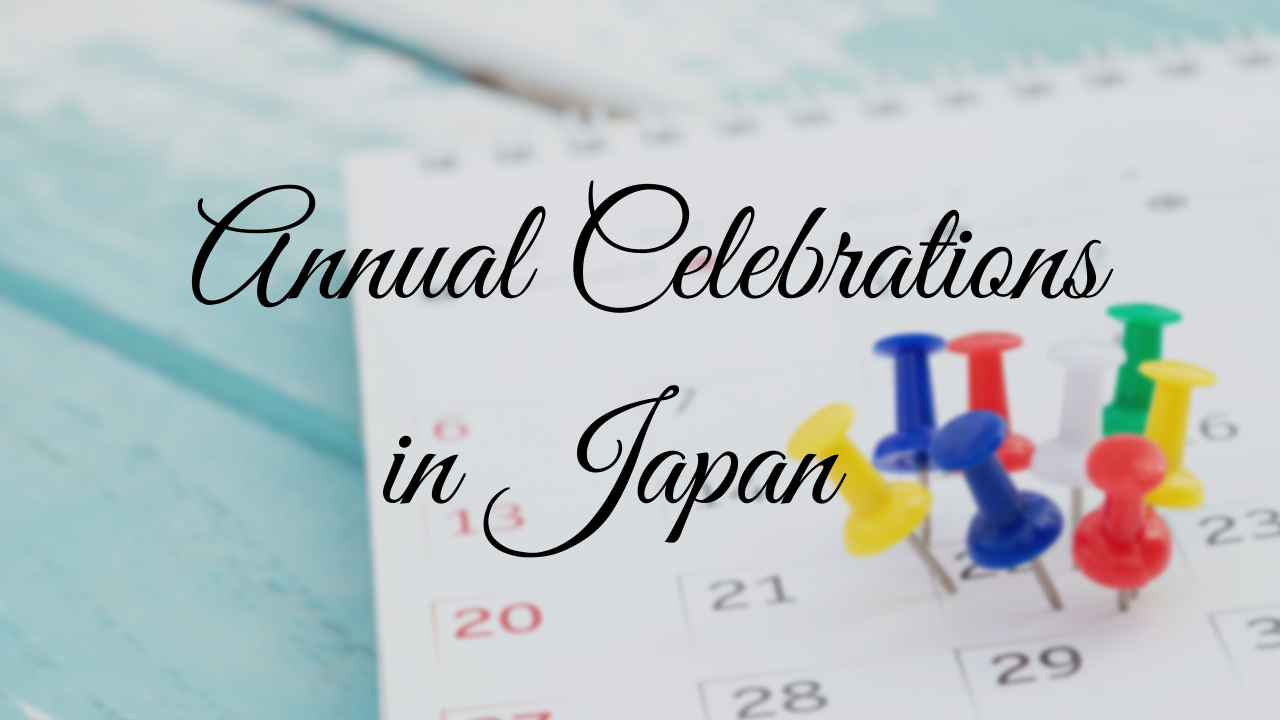
With the yen plummeting to record lows against the dollar and euro, Japan has become a shopping paradise for foreign tourists. The current favorable exchange rates are drawing in visitors eager to explore the beautiful archipelago and its many cultural treasures while splurging on memorable souvenirs. Katia Lelièvre, a 36-year-old French tourist, exclaimed, “I bought three pairs of shoes, which I never do! It was absolutely worth it because of the exchange rate.”
Returning Tourists Note Lower Prices
Dominique Stabile, a traveler from Italy, echoed these sentiments, comparing her recent visit to one several years ago. She noticed a remarkable difference in prices, particularly for cosmetics and clothing, which she found much more affordable this time. “I spent quite a bit enjoying Japanese cuisine too,” she added. “Everything was very cheap, and I tried everything I wanted.”
Retailers have also observed an uptick in spending. Saori Iida, who sells second-hand kimonos, shared, “Many people do the math and when they see the equivalent in their own currency, they say, ‘Oh, I’ll get this as well.’” Yuki Suzuki, who works in a nearby store specializing in Japanese knives, noted that visitors now tend to buy entire knife sets crafted by a single artisan rather than settling for a single piece.
Record-Breaking Tourist Influx
Japan hosted an astounding 3.1 million foreign visitors in March alone, an all-time high attributed to the favorable exchange rate and the mesmerizing cherry blossom season. According to the Japan National Tourism Organization (JNTO), tourists’ average spending per person increased by 52% in the first quarter of 2024 compared to pre-pandemic levels in 2019.
To put the numbers into perspective, a bowl of ramen that would have cost around 8 euros now goes for about 5.8 euros. A luxury watch that was priced at 5,600 euros before now costs roughly 4,000 euros. Foreign tourists can also benefit from tax exemptions simply by presenting their passports.
Boosting the Local Tourism Economy
Tourism economist Akiko Kohsaka from the Japan Research Institute said that the advantageous yen “loosens people’s wallets.” Visitors are more inclined to extend their stay, upgrade their accommodations, or pick up high-end goods. “Even if the yen reverses its trend, I don’t believe it will cause a significant decline in tourist spending,” Kohsaka added.
Economic Challenges for Japanese Residents
While the weak yen delights international travelers, it is a challenge for many Japanese households grappling with rising inflation and diminished purchasing power. The disparity between Japan’s monetary policy and those in the United States and Europe has left local consumers with less disposable income.
Despite these economic headwinds, Kohsaka is optimistic about Japan’s tourism prospects. She believes that Japan will continue to attract visitors because of the high quality of products and services offered at reasonable prices, regardless of currency fluctuations. For tourists like Katia Lelièvre, the lure of Japan’s unique culture, cuisine, and shopping experience remains irresistible.

Peter, a distinguished alumnus of a prominent journalism school in New Jersey, brings a rich tapestry of insights to ‘The Signal’. With a fervent passion for news, society, art, and television, Peter exemplifies the essence of a modern journalist. His keen eye for societal trends and a deep appreciation for the arts infuse his writing with a unique perspective. Peter’s journalistic prowess is evident in his ability to weave complex narratives into engaging stories. His work is not just informative but a journey through the multifaceted world of finance and societal dynamics, reflecting his commitment to excellence in journalism.
link






